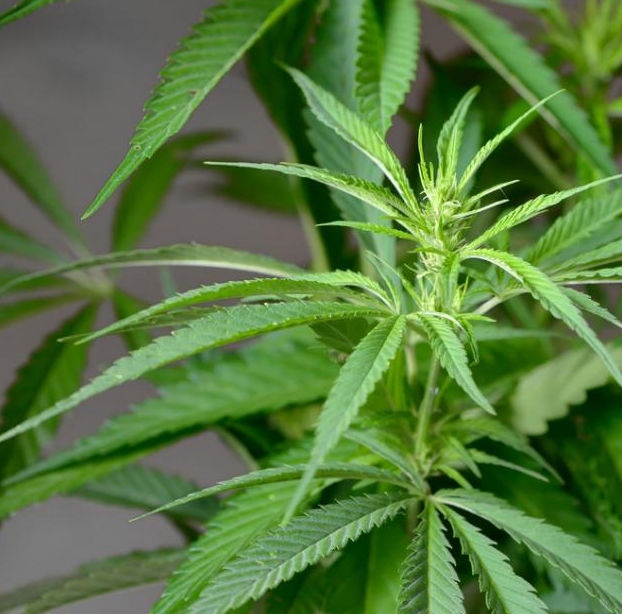The Ministry of Food and Drug Safety said Wednesday it would allow patients with rare, incurable diseases and no other treatment options to import and use marijuana-derived drugs approved abroad.

Pertinent patients should get a consultation letter from a physician and gain approval to import and use these drugs from the Ministry of Food and Drug Safety.
The announcement came on the heels of the U.S. Food and Administration approving GW Pharmaceutical’s marijuana plant-based drug in late June dubbed Epidiolex (cannabidiol).
With the approval, rare disease patients can import approved drugs such as Sativex (tetrahydrocannabinol, cannabidiol), Epidiolex, Marinol (dronabinol), and Canemes (nabilone). Marijuana-derived substances not approved by foreign health regulators will continue to be banned, the ministry added.
Ministry officials said they made the decision considering international trends and the requests of patients.
Korea has traditionally taken a hardline stance against marijuana, banning manufacturing, sales, and imports of the plant except for specific conditions such as academic research and harvesting of cannabis fiber or seeds.
However, calls for approving medical marijuana have been increasing recently, especially among patients with rare diseases who have run out of treatment options.
Related : Online petitions call for legalizing medical hemp
Rep. Shin Chang-hyun of the ruling Democratic Party first sponsored the bill to allow individuals with specific medical conditions to use the herbal substance in January.
“The current law strictly forbids the sale and purchase of cannabis, which led to a recent case of a mother being arrested and sentenced in court for buying cannabis oil from overseas to treat her son with brain cancer,” Rep. Shin said Monday after submitting the revision bill to the National Assembly.
According to the lawmaker, the current narcotic law allows highly addictive drugs such as opium, morphine, and cocaine for medicinal purposes but not marijuana.
“The main ingredient of hemp oil is cannabinoid (CBD), which has no hallucinogenic effects,” Shin said. “CBD has been tested in the U.S., Canada, and Germany and proven efficacy in neurological and brain diseases such as brain metastasis, autism, and dementia in clinical trials.”
The food and drug safety ministry also noted that the approval aims to provide more treatment options for those who have none.
“The approval of imports of marijuana composition medical products for self-treatment will strengthen the safety net for social minorities such as those with rare and incurable patients who cannot see treatment benefits if they don’t get treated in a certain time frame,” a ministry official said.

